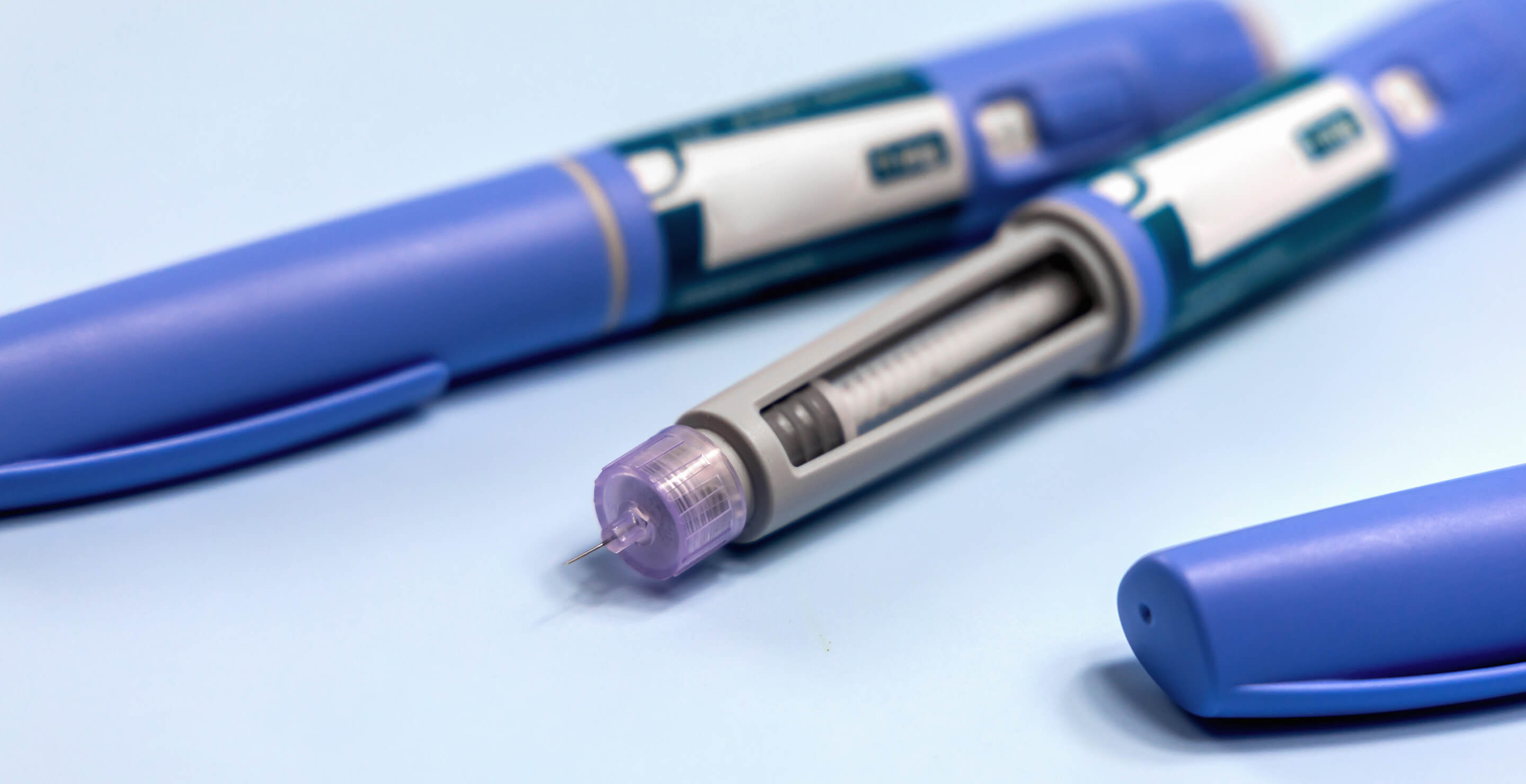In Preparing Patients for Metabolic Surgery, a Combination of Weight Loss Drugs May Be Better than GLP-1s or Traditional Dieting Alone
June 3, 2025 · Baton Rouge, LA
Recent findings published in International Journal of Obesity
For patients with a body mass index (BMI) of 70 or higher, metabolic surgery is a highly effective treatment for this form of extreme
obesity. In preparing for this minimally invasive surgery and to increase perioperative
safety, it is important for patients to lose weight, especially those with a high
BMI. While traditional strategies for perioperative weight loss include dieting and
exercise, GLP-1 receptor agonists (GLP-1s) have been increasingly used in recent years.
Prior studies have shown that achieving 5% weight loss prior to metabolic surgery
may be associated with reduced postoperative complications, but this is often difficult
to achieve with diet alone.
In a recent study from Pennington Biomedical Research Center’s Metamor Institute, researchers evaluated the use of different types of pre-surgery treatments, including the use of strong weight-loss medications such as multi-modal anti-obesity medications (mmAOMs), GLP-1s, and traditional diet and exercise to determine which option was most effective. In the study “Multi-modal neo-adjuvant anti-obesity medications may be more effective than medically supervised weight loss or GLP-1 therapy alone in preparing BMI ≥70 patients for metabolic surgery,” published in the International Journal of Obesity, the results demonstrated that patients who used multiple medications lost the most weight prior to surgery.
On average, patients taking mmAOMs lost more than 13% of their total body weight, compared with 8.1% of body weight for those taking only GLP-1s and nearly 6% for those on the supervised weight-loss strategies of diet and exercise.
“We have demonstrated the long-term efficacy and health benefits of metabolic surgery for individuals with severe obesity. However, access to surgery is often delayed – sometimes indefinitely – due to the limited success of current preoperative weight loss strategies,” said Michael Kachmar, DO and surgeon with the Metamor Institute at Pennington Biomedical. “Our study shows those patients who used multiple anti-obesity medications, or mmAOMs, lost more weight, more quickly, suggesting that preparation for metabolic surgery in very high BMI patients may be better served with mmAOMs.”
The research showed that the greatest mmAOM weight loss occurred after approximately 51 weeks of application, though this weight loss slowed after approximately 88 weeks. This slowing in weight loss can result from physiological adaptation to the medication or difficulty remaining with the treatment due to side effects or costs. However, mmAOM provides a predictable window in which meaningful weight loss can occur to better prepare patients with a high BMI for metabolic surgery.
Researchers indicate that further studies are needed to enhance strategies to tailor treatments to patients based on their needs, but the measurable benefits of mmAOMs position them as a leading option for metabolic surgery preparation. Still, even a small weight loss can improve surgical outcomes and reduce liver size and abdominal fat. All study groups lost weight, which, regardless of the amounts lost, is crucial for improved safety.
“Metamor Institute has positioned itself as a leader in treating obesity in a comprehensive manner, from medical and therapeutic interventions to metabolic surgery,” said Dr. John Kirwan, Executive Director of Pennington Biomedical. “The Institute is in a class of its own, as recent research is shining a much-needed spotlight on the tailored, thoughtful approach needed for the management of extreme obesity which is increasing at an alarming rate.”
A recent study by Pennington Biomedical and the Metamor Institute published in the
medical journal The Lancet: Diabetes & Endocrinology demonstrated that the largest relative increase in obesity rates between 2004 and
2023 occurred in the body mass index range of 60 kg/m2 or greater. This study indicated the need for more research among individuals with extreme obesity, as until recently it was not entirely clear how patients in this category react
to GLP-1s or other weight loss medications. This latest study from Metamor and Pennington
Biomedical gives new and much-needed research attention to patients with BMI greater
than 60 kilograms per square meter. For more information contact: Joe Coussan, Media Relations Manager, joe.coussan@pbrc.edu, 225-763-3049 or Ernie Ballard, Senior Director of Communications & Marketing, ernie.ballard@pbrc.edu, 225-263-2677. About the Pennington Biomedical Research Center The Pennington Biomedical Research Center is at the forefront of medical discovery
as it relates to understanding the triggers of obesity, diabetes, cardiovascular disease,
cancer and dementia. Pennington Biomedical has the vision to lead the world in promoting
nutrition and metabolic health and eliminating metabolic disease through scientific
discoveries that create solutions from cells to society. The Center conducts basic,
clinical and population research, and is a campus in the LSU System. The research enterprise at Pennington Biomedical includes over 600 employees within
a network of 44 clinics and research laboratories, and 16 highly specialized core
service facilities. Its scientists and physician/scientists are supported by research
trainees, lab technicians, nurses, dietitians and other support personnel. Pennington
Biomedical is a globally recognized state-of-the-art research institution in Baton
Rouge, Louisiana. For more information, see www.pbrc.edu.
Pennington Biomedical Research Center
6400 Perkins Road
Baton Rouge, LA 70808



